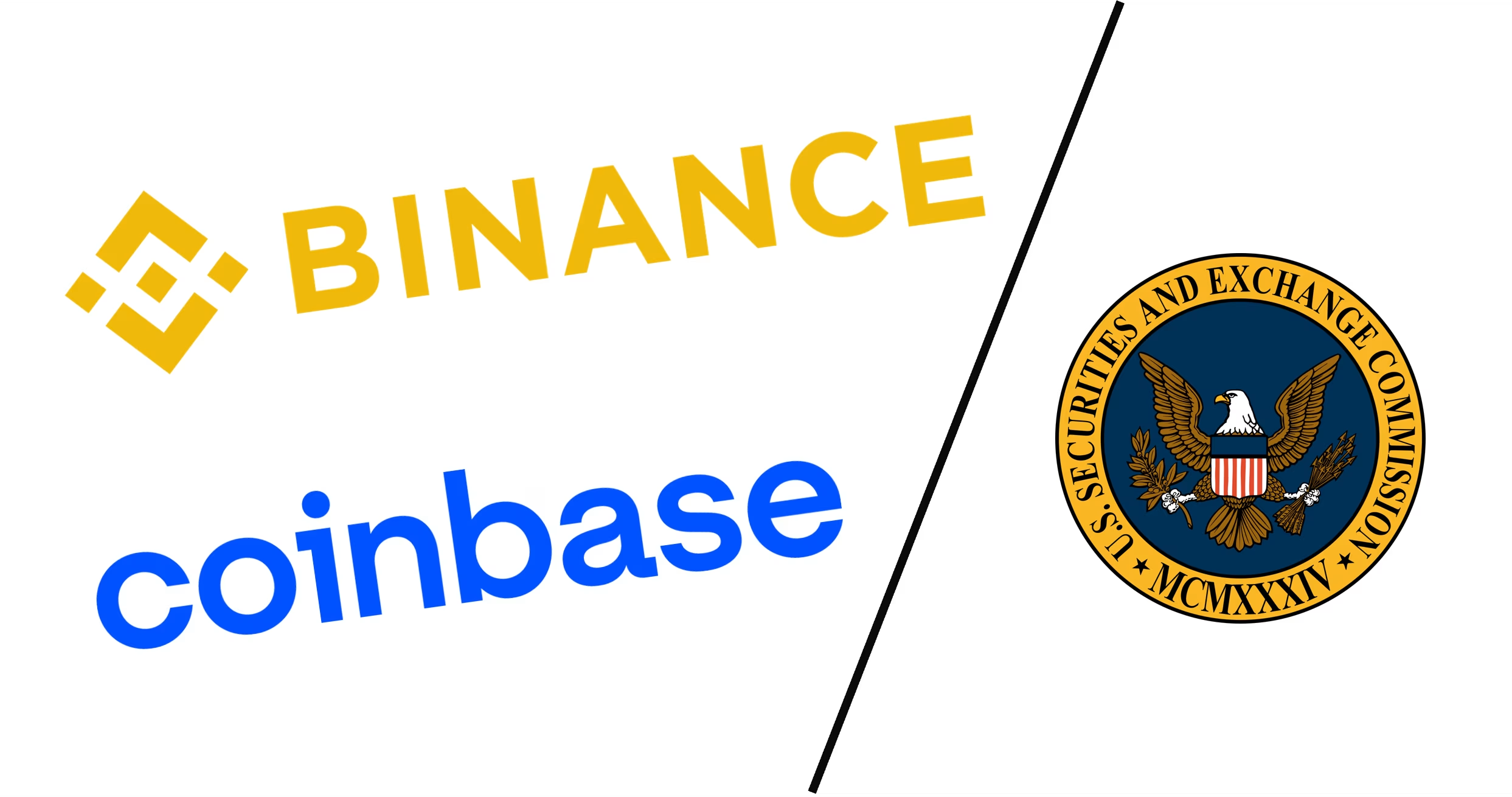- Intently circumventing American law by funneling US users to Binance.com
- Market manipulation and wash trading to enrich themselves.
- Comingling Binance.US funds with Binance.com funds and the mismanagement of these funds
SEC's cases against Binance and Coinbase explained
In this piece, we summarize the overlap and differences between the two cases in the easiest possible fashion.
Preview
This week, the SEC sued the world's two largest crypto exchanges, Binance and Coinbase. It's easy to pool the two cases together, but the severity of the individual cases is wildly different. The accusations against Binance are for serious criminal actions, while the case against Coinbase is a matter of whether cryptocurrencies should be defined as securities or commodities.CoinbaseThe best way to explain the overlap and differences between the two cases in more (but still short) detail is to start with the SEC's case against Coinbase. The allegations in the Coinbase case are straightforward. In simplified terms, Coinbase is charged with operating an unregistered securities marketplace in the US.The case against Coinbase depends on the yet undefined classification of the different cryptocurrencies as securities, commodities, or something else. No crypto exchanges in the US are registered securities exchanges, so these charges apply to all US crypto exchanges.BinanceOver to the case against Binance: Binance is also charged with operating an unregistered securities marketplace in the US. But the allegations against Binance don't stop there. They are also charged with:


